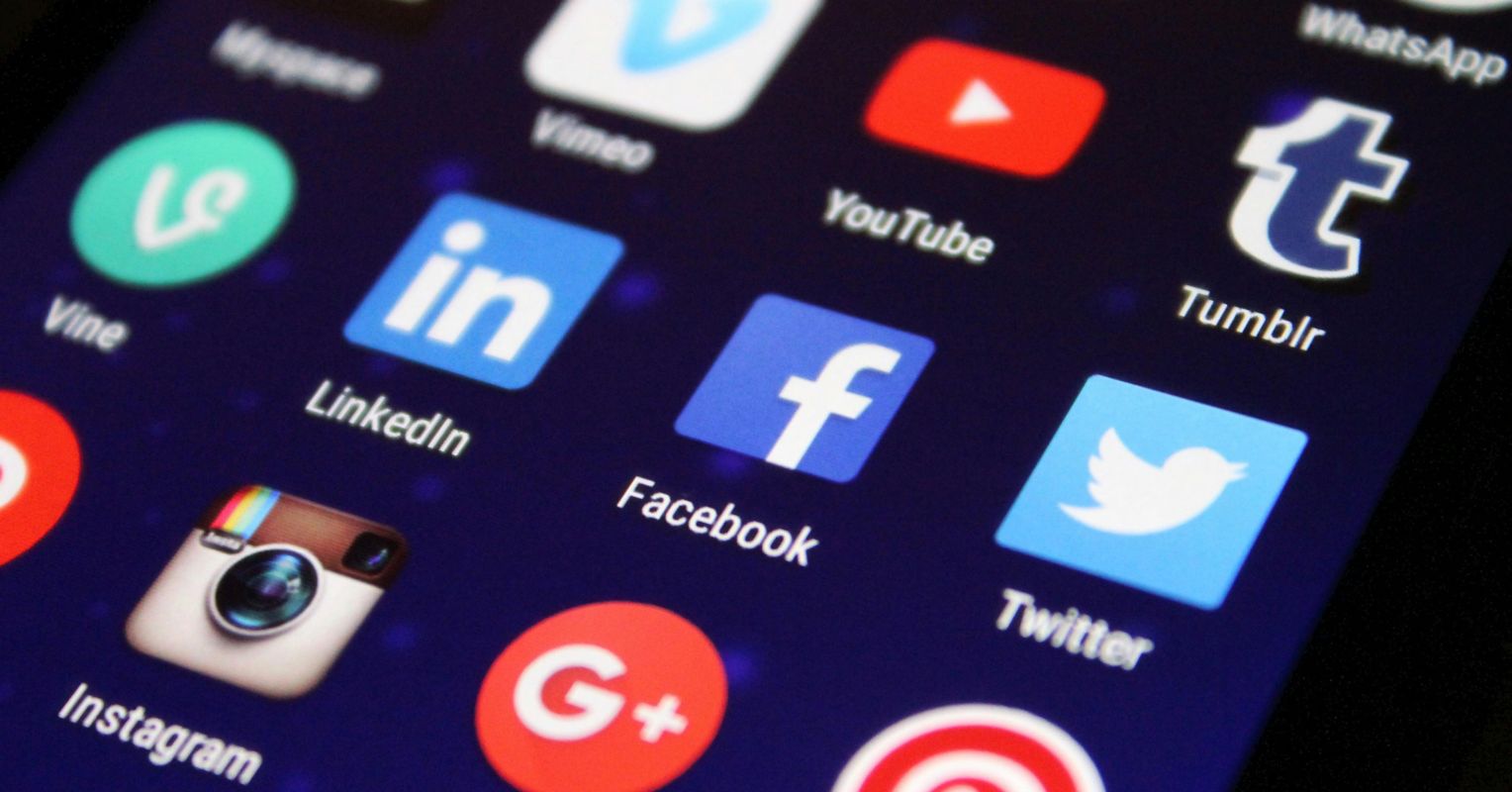In the world we live in now, one off-color joke, something you said as a teenager, or one poorly thought-out tweet from a decade or more ago can unravel your career in a day. Or maybe it’s a video, stripped of all context, recorded by someone you’ve never met, watched by millions. You don’t even get to explain. Suddenly, you’re trending. You’re canceled.
Some people call it justice. Others call it a digital guillotine. Whatever you call it, it’s become something most of us have to reckon with. We’re all a little more cautious now. We delete old posts and rehearse how we’d apologize if it ever came to that. We watch others fall and think: That could be me.
When Silence Fails, The Internet Speaks
Cancel culture didn’t just appear one day out of thin air. It emerged from something older and heavier. It came from people being ignored for too long. Especially people without power: Women, African American communities, LGBTQ folks, and survivors. The ones who had been speaking up for years, only to be shrugged off, told to move on and to be quiet. The usual systems, including HR departments, school boards, and courts, rarely listened. When they did, it was often too little, too late.
So people turned to the one place where their voices couldn’t be filtered or dismissed, the internet. Hashtags like #MeToo and #BlackLivesMatter didn’t just trend, they shattered something open. Stories that once stayed hidden behind closed doors or buried in silence were suddenly public and undeniable. Victims named names. Screenshots were posted. Receipts were dropped. It wasn’t always clean or careful, but it was real and for the first time, people in power had to respond. Some were fired. Some stepped down. Institutions scrambled. And for a moment, it felt like the scales were starting to tip.
A courtroom drama didn’t spark the collapse of Harvey Weinstein’s career. His downfall was triggered by people publicly, speaking up. The internet didn’t wait for a judge or jury. The Weinstein effect spread far beyond him. The entire entertainment industry was forced to take a hard look at its complicity and silence (Wahyudiputra et al., 2021). For many, it felt like a reckoning finally arrived. The powerless could finally hit back. The internet gave them reach.
One Mistake, a Million Eyes
But the same power that allows people to hold predators and abusers accountable can just as easily be used to destroy people who made one mistake. Maybe it was a dumb joke from a decade ago. They may have fired off a post without thinking. Or perhaps they didn’t say what people think they said at all. But once something goes viral, it doesn’t travel with context. The clip gets shared or the tweet gets screen shotted. No one pauses to ask what really happened. It’s already too late by the time the person tries to explain or apologize,. Even if they’re nothing like who they were back then, it often doesn’t matter. The internet was built for speed not subtlety. And once the momentum starts, it’s hard to stop (Williams, 2021).
In 2018, Kevin Hart was asked to host the Oscars. Then old tweets resurfaced from nearly a decade prior. He had already addressed them and apologized. But none of that held weight once the tweets started making the rounds again. The Academy gave him an ultimatum: apologize publicly again or step down. He stepped down. He was out, not because of something new, but because something old came back at just the right or wrong moment (Karpus, 2018).
It’s not just celebrities. Ordinary people have lost jobs, scholarships, and safety over viral videos, screenshots, or even unfounded rumors. The internet rarely asks for clarification. It demands action. Companies, schools, and brands act fast not necessarily because they care, but because the cost of not acting is higher. As a result people live in fear, not of doing harm, but of being seen doing anything that could be read as harm. The difference matters, but cancel culture doesn’t always pause to figure it out.
Is There a Way Back?
So what should accountability look like? Accountability is slow and often uncomfortable. It demands ownership, reflection, and change. Accountability means facing what you’ve done and apologizing, not just to protect your image, but to make amends, and then doing better. Just as importantly, it means being given the space to do better. But cancel culture rarely allows for that. Once you’re canceled, you’re marked. There’s no roadmap for redemption. No one tells you how to earn your way back. It’s exile, not correction. Shame as the endpoint, not the beginning of transformation.
Without a path back, cancel culture stops being about justice and starts being about vengeance. It says: you’re not worth the effort. It assumes we’re all static, frozen in time, and can’t grow. It says that a person’s worst moment is the only true one.
And who decides what’s unforgivable, anyway? That’s the murkiest part. There’s no consistency. Some people survive cancellation. Others don’t. It often depends on who you are, how beloved or hated you already were, or how loud your defenders are. There’s no clear line, no universal standard. We say we want justice, but what we often get is a spectacle of morality and a trend.
Cancel culture gives power to the people, but it also makes us reactive. It flattens complexity and leaves no space for questions like: Was this really harmful? Has this person changed? Is this the right consequence? When we skip those questions, we create fear, silence, and shame. Justice without mercy becomes punishment. Accountability without context becomes cancel culture. We all deserve something better than that.
